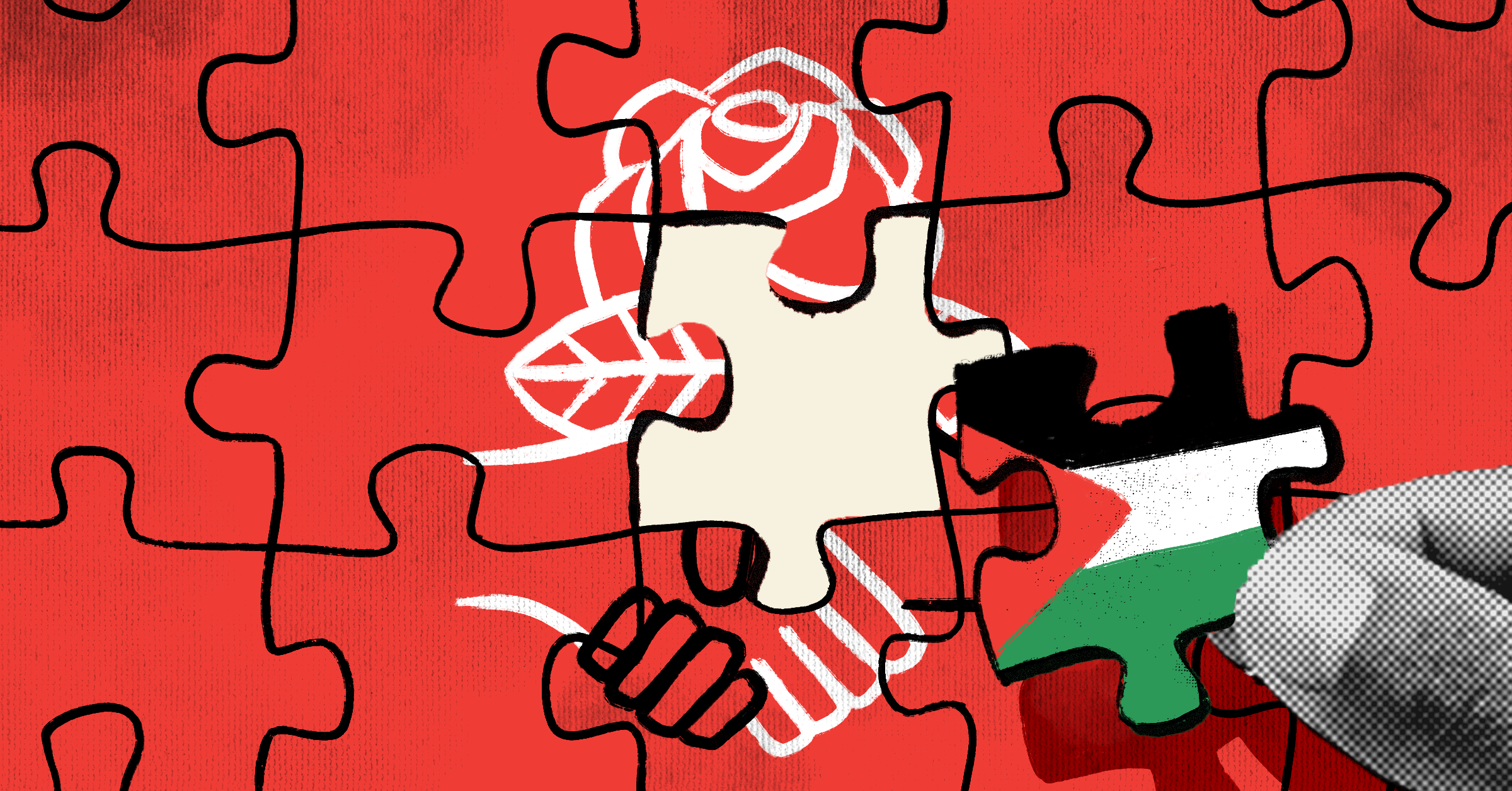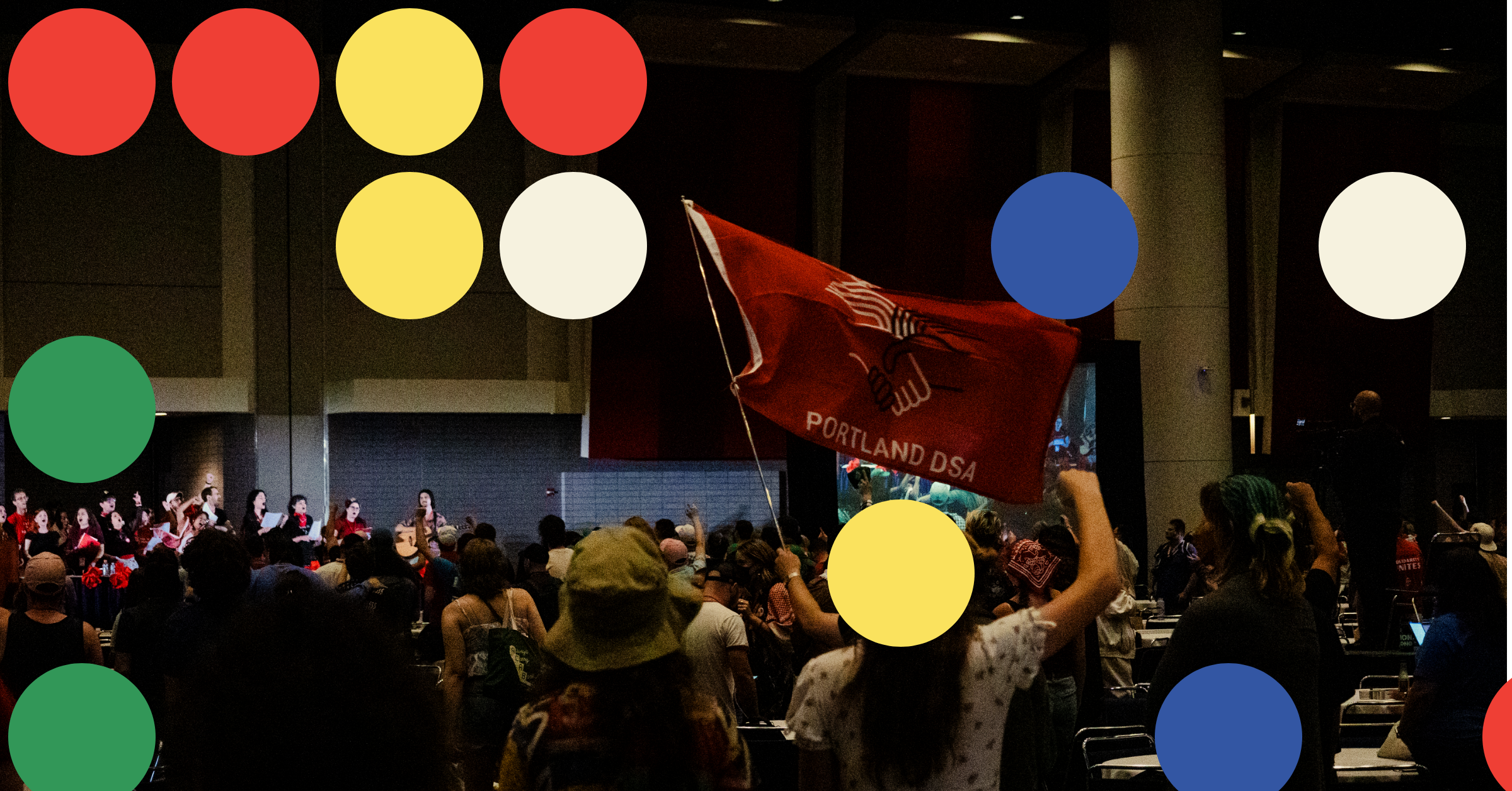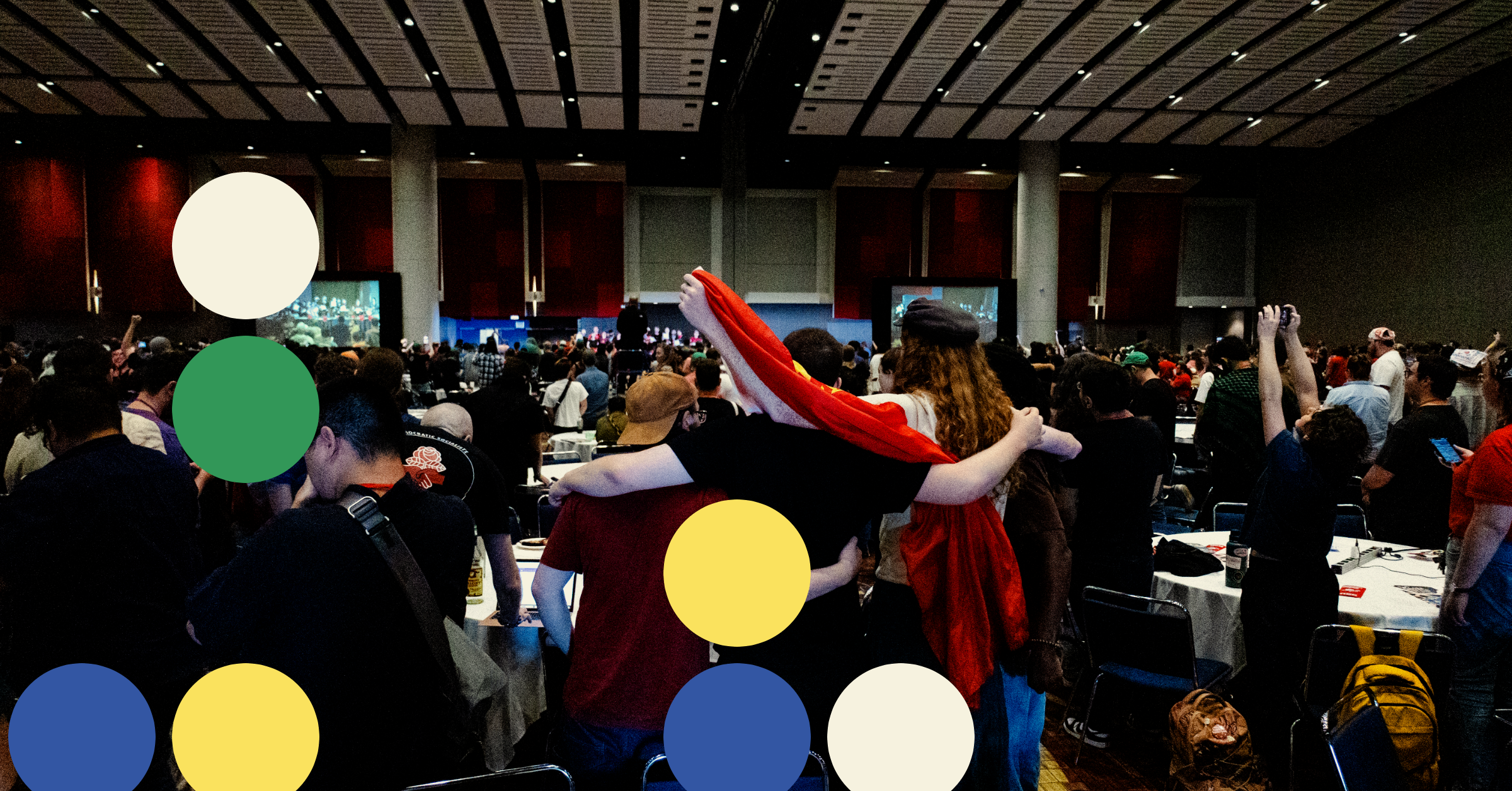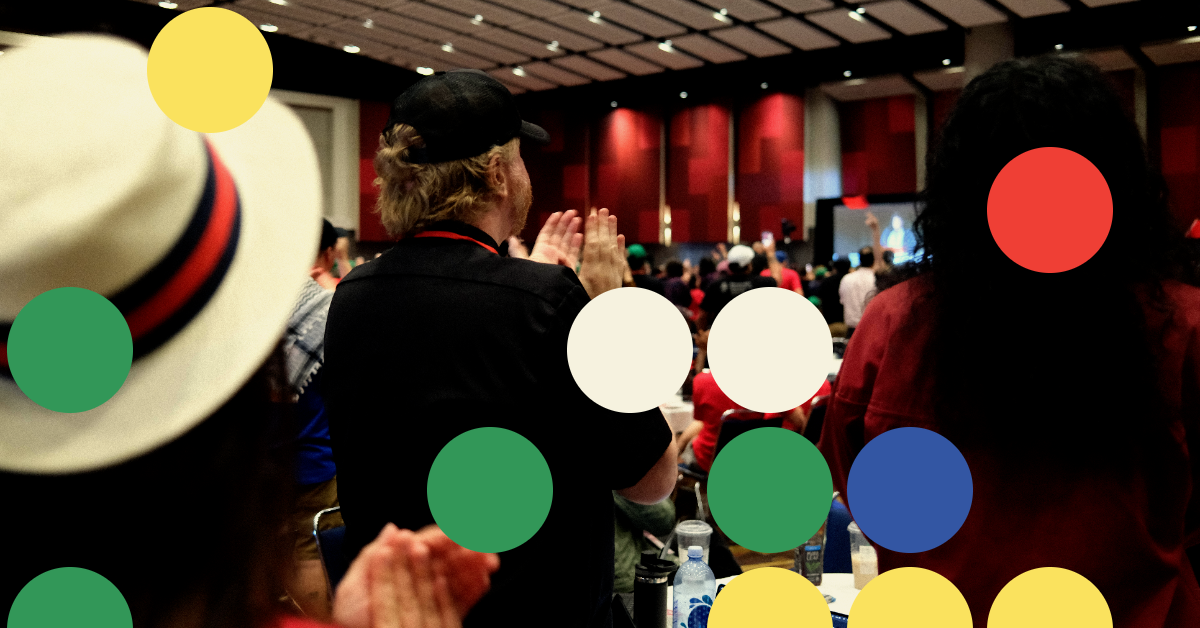The Call is publishing two perspectives on the recent controversy inside DSA over Jamaal Bowman’s trip to Israel. The following article by Ketir Liberato makes the case for why DSA should discipline Jamaal Bowman and responds to a recent letter opposing discipline. Read a different take by Wael Elasady here.
Back on July 28, 2021 DSA member and U.S. Representative Jamaal Bowman voted in support of direct military aid (H.R. 4373) to the Israeli government. Representative Bowman voted in the affirmative once more in September of 2021 to give additional money to the Israeli military. In sum, Mr. Bowman broke with the values of the socialist movement and provided direct support of over $4.3 billion dollars in military aid to a regime actively bombing working-class Palestinian communities, bulldozing their homes, and engaging in state-sponsored theft of Palestinian land. To make matters worse, Congressman Bowman followed this up with a J-Street sponsored tour of Israel, and visited the right-wing racist Prime Minister Naftali Bennet. These actions have compelled a plurality of DSA chapters to call for DSA’s National Political Committee (NPC) to honor the call of the DSA BDS and Palestine Solidarity Working Group. They have called on the NPC to use its authority to call Congressman Bowman to account and issue some form of discipline ranging from censure to possible expulsion.
Since then a letter titled “Unity, Not Unanimity” signed by individual members of DSA from different chapters has been published. The letter recognizes DSA’s support for BDS and supports the criticism of Congressman Bowman. However, the letter and those who support it issued a rebuke to chapters calling for Bowman’s expulsion. They do so on the following grounds:
- Chapters and members not from Bowman’s district or his DSA chapter do not have the right to weigh in on his actions.
- Calling for expulsion would deter other DSA electeds from wanting to work with DSA and this would hurt our movement. Moreover, doing so would be performative and would not bring material benefits to the Palestinian Liberation Movement.
- Anti-Zionist allies have not made the request of DSA to take such actions.
- As an abolitionist organization, DSA should not seek to discipline politicians from our ranks, but instead should seek some means of reconciliation.
- It would be undemocratic for DSA’s National Political Committee to expel Congressman Bowman or any DSA elected since the convention voted against holding politicians accountable to DSA’s policy platform.
Opponents of disciplining Jamaal Bowman assert that calls for discipline of one sort or another against Bowman, and presumably any DSA member in political office, are a sign of “weakness.”
They could not be more incorrect. Socialists have a duty to be clear about what they represent. This is not a call for purity. We can debate and be flexible about strategies and tactics, but there are certain lines in the sand that socialists should never cross. If a DSA member knowingly crossed a picket line or voted in favor of breaking a strike, should we simply let that slide? What if an elected DSA member votes in favor of imperialism and ethnic cleansing? If a DSA endorsed candidate decided to go on tour and take pictures with Donald Trump and Kyle Rittenhouse, would people be defending them? If one of our electeds voted to fund a police department that was actively engaged in a campaign of dropping bombs on Black neighborhoods, would we be concerned about how expelling them might hurt our political relationship with them?
In this case, Congressman Bowman voted to send military aid to a regime that is actively engaged in warfare against an oppressed people. Are comrades taking a softer stance on this because the violence will be overseas and out of sight, or because this might alienate some liberals who have more conservative positions on Israel? My strong belief is that this is not what the author and the supporters of the “Unity, Not Unanimity” letter think or feel. However, in my view these are nonetheless the implications, and many of the claims in this letter present a conception of DSA and its future that I strongly disagree with.
A Line-by-Line Criticism of the “Unity, Not Unanimity” Letter
“Expelling Bowman could send a strong signal about our position on BDS, but it will not provide any material aid to the Palestinian cause.”
It is true that no direct or immediate material aid comes to the Palestinian liberation movement from the demands to discipline Congressman Bowman.
What it does clarify is that we have uncompromising expectations when it comes to human rights and that we expect all members, no matter how public or popular they are, to hold the line when it comes to rejecting imperialist warfare. Disciplining Bowman, whether through expulsion or some lesser means, will send a signal to others that this is who we are and where we stand. If they are about justice, then they will either continue to be allies against our enemy or they will move to our position. If they are unable to be in a coalition where we agree, then what does this say about them?
As socialists, our concern is with making material progress towards justice, not simply with messaging about what justice is. Forcibly expelling an elected official whom DSA helped put in office may seem like an act of power, but it reflects weakness, not strength. Strong movements can shift allies and comrades towards their positions. Expelling Bowman could send a strong signal about our position on BDS, but it will not provide any material aid to the Palestinian cause. Left anti-Zionist organizations in the U.S. and Palestine have not asked DSA to sever our relationship with Bowman, and many are continuing to work with Congressman Bowman to move him towards a more just position. Members should understand that this action would not necessarily be embraced by those leading the work as productive or strategic. Instead, it would be a performative act that will only create a dynamic with elected officials and movement leaders that can always drive them away, but never bring them closer to our position.
Why would socialists who are for the oppressed be driven away from us because we criticize them for breaking their commitment? If they are against genocide and for human rights, then they will issue their mea culpa and learn from their error.
Strong movements can shift politicians. But a movement cannot be strong if it is unable or unwilling to assert its own boundaries and define itself for fear that doing so will chase people away. Additionally, the notion that an anti-imperialist, anti-racist, and perhaps anti-Zionist organization needs its allies to tell it to take a stance is nonsense. A socialist organization does not need other organizations to tell it to take action against something that’s wrong. That’s akin to saying DSA should wait for Black Lives Matter or the NAACP to tell us to take a stance against the actions of a member who votes in support of or takes tours with Kyle Rittenhouse.
Even though this letter’s argument is framed as being strategic in order to preserve the organization, the implication of this statement is that we are more concerned with protecting our access to a politician than protecting our commitment to holding them accountable to justice.
Our power to move (or remove) elected officials comes from the organizing we do in their districts, but this conversation is not being driven by the members of DSA on the ground there. Most calls for expulsion have come without any discussion or even acknowledgement of any path that could lead to reconciliation or to healing the harm caused by Bowman’s actions. As members of an abolitionist organization, we find this troubling. Holding someone accountable in this organization should not mean writing them off forever.
I agree that the NPC should address this directly with Bowman. If there cannot be a suitable agreement to accept and admit error and commit to do better, then the NPC should vote to expel Congressman Bowman. Expulsion is not the same as saying we can’t be in coalition on points of agreement. Rather, it is saying: “we can’t live in the same house.” If members “on the ground” in Bowman’s district want to organize to get him out of office when his term is up, then they should, but this does not preclude the national organization from taking action now.
Moreover, Bowman received a national endorsement, not only a chapter-level endorsement. While the authors of this letter imply that it is not legitimate or appropriate for people outside of Bowman’s district to weigh in on this issue, they fail to note that national resources were provided to support the Congressman’s campaign efforts.
The authors imply that other DSA members should have nothing to say about the actions and political errors of members who are outside of their chapter. This is an incorrect — but far too common — argument in our organization. In this particular case, Mr. Bowman is a U.S. congressman. Yes, he was elected in New York. Yes, he is an NYC-DSA member. But he is a U.S. congressman and his actions have to do with all of the U.S. I pay taxes and Congressman Bowman’s decisions affect how my money is being used.
Additionally, in order to be a member of DSA locally, you must be a member of DSA nationally. Every member of DSA is a member of the national organization regardless of where they reside. This notion that DSA members in Wisconsin, Oregon, D.C., North Carolina, Pennsylvania, etc., shouldn’t have a right to comment on the actions of members in New York City or elsewhere is utter bullshit.
Socialism is our movement. DSA is our organization. It is also worth noting that Congressman Bowman’s most recent actions have the least effect on anyone in DSA nationally, including New York, but are most impactful for those who reside in Palestine. Our obligation is to the working class, first and foremost, not individual DSA members, chapters, and certainly not to DSA elected officials who pull down six figures to represent us and make decisions that materially affect peoples’ lives. Socialism will not be achieved through each chapter pretending they are isolated islands. Capital is international. It will take national and international organizational efforts, coordination, and political clarity to transform our world.
If the National Political Committee (NPC) expels Bowman, it would be an undemocratic rebuke to DSA’s highest decision-making body, our biennial convention. This year, 1,200 delegates representing 90,000 DSA members met to consider the question of whether DSA’s platform should be binding on members in CB 8 and resoundingly rejected it by a vote of 338-637. If the NPC bows to chapter leaders passing resolutions calling for an individual member from a different chapter to be expelled for violating the platform — resolutions that in many cases were passed without any debate or discussion at membership meetings — they would be undermining DSA’s democracy and setting a dangerous precedent.
There’s nothing undemocratic about the NPC upholding the bylaws of the organization. The bylaws clearly state in Article 1 Section 3 that: “Members can be expelled if they are found to be in substantial disagreement with the principles or policies of the organization…” This means that the NPC has the authority, should they see fit, to expel a member. We did not vote to strip this from the national bylaws during convention, and CB 8 has nothing to do with whether or not members are bound to fundamental values and policies of the organization.
Despite being a “big tent” organization I think it is safe to say that as socialists, these values include anti-imperialism, anti-sexism, anti-racism, and anti-capitalism. If these are debatable points then perhaps we need an emergency convention to sort this out.
But what the “principles and policies” are of this organization are at the crux of this debate. Again, what are the lines in the sand that DSA electeds absolutely must not cross? Is it reasonable for a DSA member in office to vote in favor of legislation that strips workers’ rights? Can they strip voters’ rights? Can they vote for military action to overthrow democratically-elected governments?
I suspect the majority of people who have signed on to this letter, and the authors would answer NO to all of these. My expectation is that most would say that such actions would be crossing the line and merit discipline up to expulsion. So why wouldn’t voting in support of military spending directed at enhancing an imperialist government’s ability to commit genocide be crossing a line?
While workers strike, historic legislation fights for life, and the climate justice movement faces COP26, DSA leaders are forced to focus on an internal matter at the expense of external organizing. This will make our members and the public question who is DSA struggling against: the ruling class or itself.
This internal matter is no small, distracting quibble. It is about the very nature of our movement and how we understand what socialism is.
This incident with Bowman reveals divides within our organization about the role of electeds and the path to socialism. In my mind, the task of socialist electeds are to: 1) fight for reforms that improve the quality of life for the working-class and the immense majority of people; 2) fight for reforms that better enable the working class to fight for themselves (e.g., labor reform, voter rights, electoral reform, etc.); and 3) speak clearly, frequently, and openly of the need for a working class-led political revolution.
Most of the time, our focus is on the first two fights. But the deeper question of transforming the power structure is generally avoided. As an organization we need to make the need for a socialist alternative a central issue. This is particularly important in these times when white supremacy and perhaps fascism are surging as alternatives to the failure of the neoliberal Democratic and Republican parties. Socialists must stand out as a pole for a productive and constructive political alternative for the downtrodden and dispossessed.
As socialists, our task is to build a social movement that can remove the capitalist class from social power (i.e. economic, political, and cultural control of society), and to construct a new organization of power in which members of the working class are able to collectively run society for the good of each other. For this reason, we should never hang our hopes on single individuals who we get elected to represent our vision in government. Their job is to advance our movement and the working class, which means that the expectation for DSA electeds is their commitment to give voice to the need for a new kind of government and political system, in addition to their fight for basic reforms to alleviate suffering today. If we do not have these standards, then we are doomed to repeat the errors of the past which permitted modest, short-lived reforms domestically at the expense of working class people abroad, and will result in us making no progress towards working class liberation and democracy anywhere.
Socialists cannot substantively advance an alternative vision if we appear to be part of the failing political paradigm. For the last few years DSA has boasted about its growth as the largest socialist organization in the U.S. That title now carries a heavy responsibility, which is to step up as the leader of the socialist movement. To do this will require members in the organization to fully parse out what it means to be a socialist as opposed to a “progressive.” We have to shed the old conception of DSA as yet another progressive pressure group trying to pull the Democrats to the left. Now is the time to assume the mantle of being a mass socialist movement organization leading the fight for a new society.
We have nothing to lose but our chains. Right now those chains are chains of delusion, confusion, and refusal to act independently. Let’s break those chains. We have a world to win.




